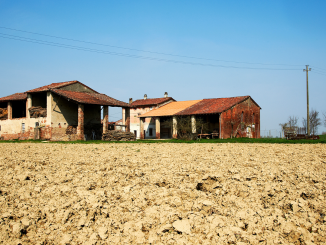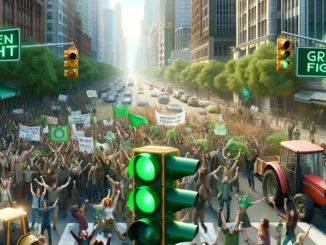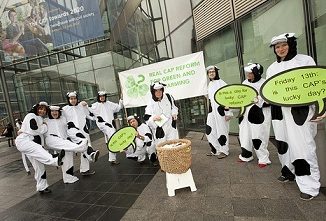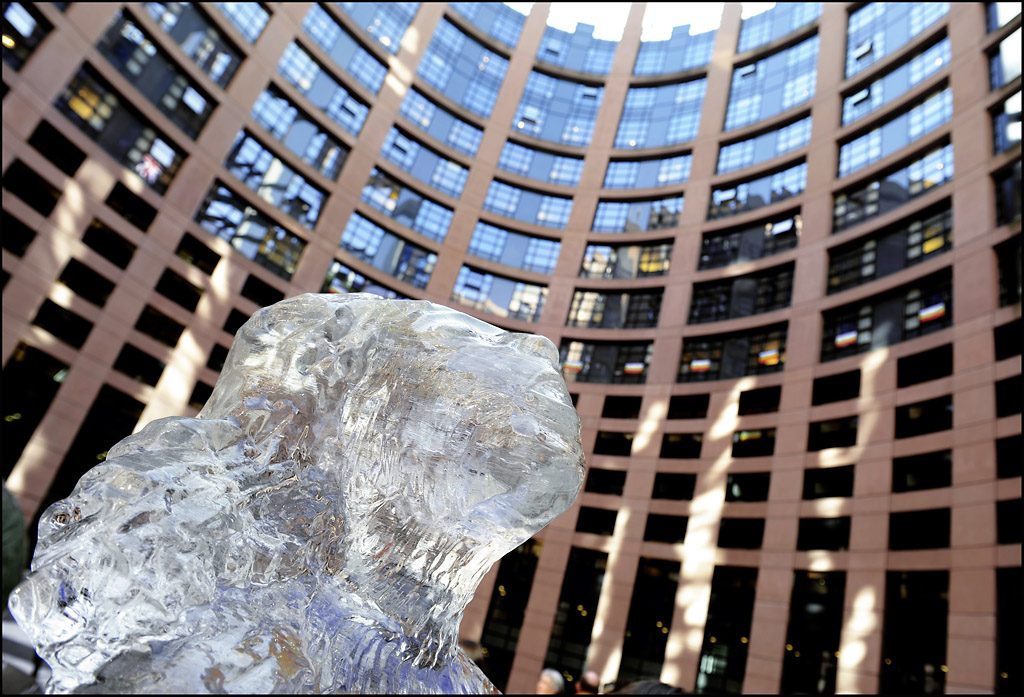
An important CAP report was suppressed until just after the European elections, which, nevertheless, saw some significant changes in the Parliament’s political groupings. Oliver Moore has more. Updated 19.12 CET 13/06/2019
Continuities and Changes in the Parliament
As new MEPs enter the European Parliament, there may be opportunities to make some adjustments to the progress on CAP thus far. The rapporteur of the main CAP file Herranz-Garcia (EPP, SP) was not re-elected, in a parliament that saw some noteworthy changes. This includes the return of former Agriculture Commissioner Dacian Ciolos (ADLE, RO) which could prove interesting, if the Romanian politician focuses on farming.
There have been various realignments: reductions in EPP (centre right) and PES (centre left) representation and an increase in ALDE (liberal), far right and Green MEPs.
This has been described as a greenwave, and it does see an increase from 52 to 71 MEPs, and a potentially pivotal role in alliance building. Its worth remembering that the numbers of Green MEPs in most countries outside Germany remains small, and mostly then these MEPs are in the west of Europe.
Specific eurosceptics did not perform especially well, except in the UK where the Brexit party emerged to replace UKIP. The far right rise was not in total as strong as expected, though Italy proved an exception, while Macron’s party joining Liberal group ALDE was in part responsible for a strong performance there.
A new far right bloc called Identity and Democracy (ID) has formed, led by Italy’s Leaguea and France’s National Rally has formed, but neither the Brexit Party nor Spain’s Vox have joined it. ID are likely to remain too small to form a group, which requires MEPs from seven or more member states. Meanwhile, the Brexit party is trying to rekindle the Europe of Freedom and Direct Democracy (EFDD group, though relations with Italy’s M5S (5 Star) are poor.
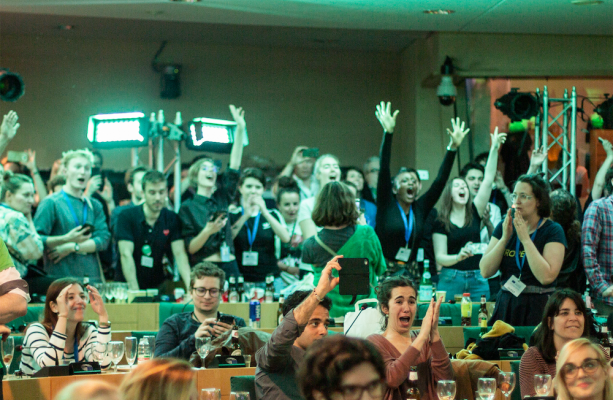
What will the Political Groups do?
Various alliances are possible now, with a grand central coalition unable to work alone. According Vivane Gravey, using votewatch.eu stats: “In the last European Parliament, the grand centre-left, centre-right coalition decided 74% of votes, leaving smaller groups at the fringes of power. With a more fragmented European Parliament, smaller groups will now be key to establishing a majority, and coalitions will be much more changeable.”
Indeed the Greens are already meeting with the large centrist parties, including the centre right EPP, when, technically, the numbers might now allow the EPP to be sidestepped, and a centre left coalition to be formed. Though admittedly the numbers are especially tight, and this would depend on independents. In any case ,a series of coalitions and compromises are now likely.
It is worth remembering that the Greens have the strongest voting record on climate issues in the European Parliament. Moreover, on CAP the party consistently points to attempts at greenwashing – such as the proposal to call 40% of direct payments as a climate action.
You can read an analysis of the policy positions of the five biggest parliamentary groups by Lousie Kelleher.
IEEP Manifesto Analysis Part V: European People’s Party (EPP) short-sighted on sustainability issues
AGRI coordinators will meet 23rd July decide what to do about the CAP files which are still incomplete from the previous parliament. If this is inconclusive, they must meet again in September. Will they start afresh, go straight to plenary or try to somehow stitch together a compromise?
Momentum for better environmental policies seems to be ramping up by the minute – in this context, it will be interesting to see how these new MEPs deal with what has been an ecologically poor agri-food and rural policy.
CAP and Climate Change report
Indeed, a report on CAP and climate change remained unpublished until the WWF (World Wildlife Fund) made a freedom of information request for it to be released in May.
“Our farming sector is responsible for 15% of EU greenhouse gases, when it could instead be capturing and storing much more CO2. But having ministers discuss the future of farming and climate policy without all the facts is like orienteering with half a compass” according to WWF’s Jabier Ruiz, Senior Policy Officer, Agriculture & Food – WWF European Policy Office.
That it was published at the end of the European elections smacks of burying bad news on busy days – and of dampening down the impact of the emerging climate momentum. MEPs who are supporters of business-as-usual in CAP benefited from the delay ,as there was, simply put, less information available on just how weak the CAP is regarding climate action – whatever about the rhetoric or targets in CAP.
Arthur Nelson, in the Guardian, wrote: “The study questions the effectiveness of current CAP subsidy rules that allow farmers to farm on wetlands and peatlands and plough up “permanent grasslands”, releasing large volumes of carbon dioxide as they do so.
Because the CAP does not require states to record how many grasslands are ploughed, the paper can only estimate the cost of emissions reductions under the policy at €274 per tonne of CO2 equivalent – more than 10 times the price for industry.”
However its not news to suggest CAP does not work especially well in climate or environmental terms. We’ve covered this for years – see many examples below.
We can add to this long list November 2017 evaluation for the Commission also found a need for amendments and improvements to significant areas in CAP including greening and member state design.
All of this said, we are where we are. So now, how will our new MEPs deal with the CAP files in from of them? How will they respond to the real on-the-ground momentum for climate action?
CAP Climate and Environment – a long and sorry story
#AfterCAP | Fit, Fair & Sustainable: A new agricultural policy model for the CAP 2021
CAP – “Stabilizing the Status Quo” Say SURE-Farm Researchers
ARC Exclusive – Auditors Heavily Criticise Commission’s CAP Plans




